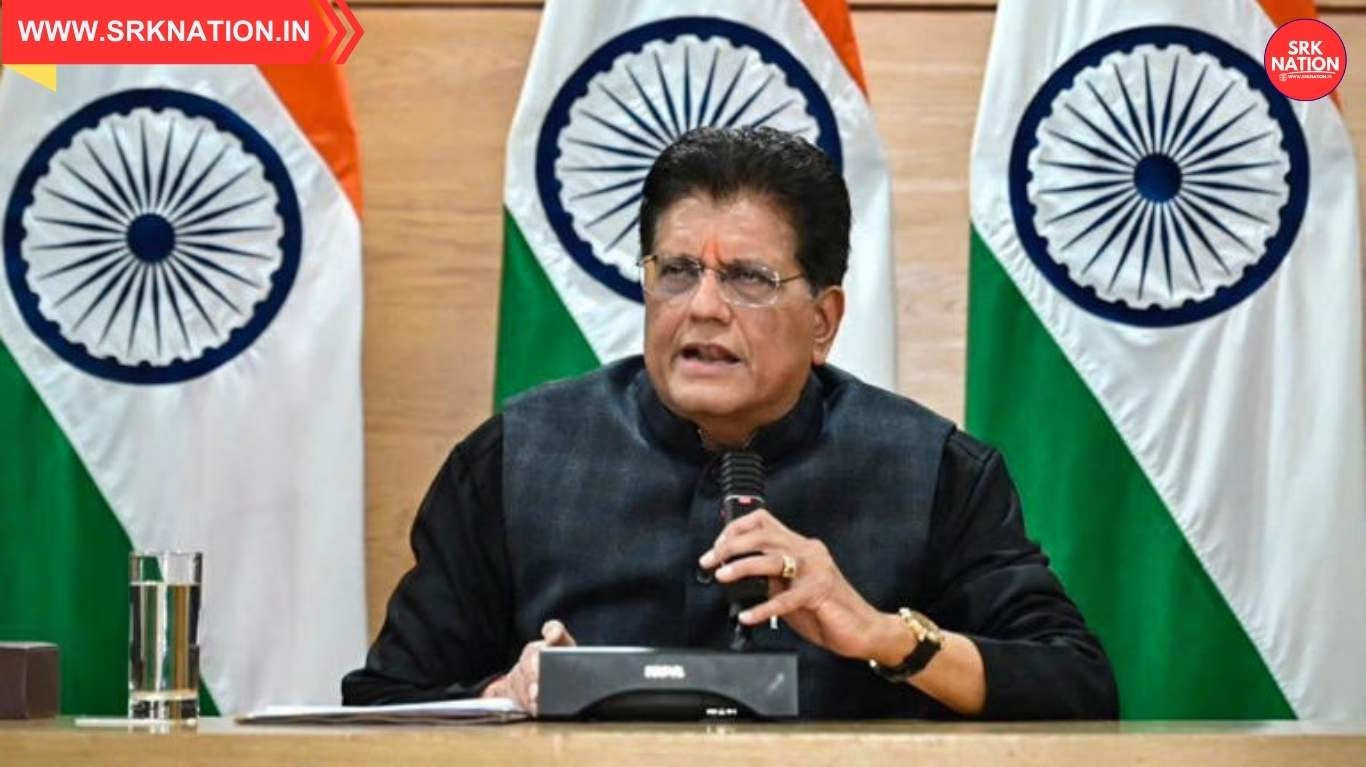In a major move to ensure safer, more equitable workspaces, the West Bengal government has announced the implementation of comprehensive new workplace safety guidelines for women across sectors. The policy, which aims to improve the physical, psychological, and legal protection of women at their places of employment, is part of a broader initiative by the state to enhance gender inclusivity and reduce workplace harassment and discrimination.
Announced by the Department of Women and Child Development and Social Welfare, the framework will apply to both public and private enterprises, spanning small-scale units, corporate offices, educational institutions, government bodies, healthcare institutions, and factories. The new rules will be effective from the upcoming quarter and will introduce mandatory compliance protocols, regular audits, and strict penalties for violations.
Key Features of West Bengal’s Workplace Safety Guidelines for Women
The proposed framework emphasizes not only physical security but also emotional well-being, addressing both direct and indirect forms of harassment. The initiative takes cues from national and international workplace standards and introduces several new and enforceable practices.
| Component | Details |
|---|---|
| Mandatory ICC (Internal Complaints Committee) | All workplaces with 10+ employees must constitute an ICC as per the POSH Act provisions. |
| CCTV & Security Measures | Offices to install surveillance at key points, especially entry-exit points, parking, and lifts. |
| Gender Sensitivity Training | Quarterly workshops on workplace conduct, gender awareness, and legal rights. |
| Grievance Redressal Mechanism | Establishment of 24×7 helpline and digital complaint system linked with state women’s commission. |
| Safe Commute Measures | Employers to arrange verified cab/taxi options for women employees working late hours. |
| Mental Health Support | Provision of free counseling sessions via empaneled psychologists. |
| Employment Policy Review | Review and revision of company policies to remove discriminatory practices. |
| Zero Tolerance Clause | Immediate suspension of employees found guilty of any form of misconduct pending investigation. |
Implementation Plan and Timeline
The West Bengal government has laid down a structured phase-wise implementation roadmap to help industries and employers transition to the new compliance framework. A detailed schedule of implementation and compliance will be made available by the end of the current month. Here’s a snapshot of the execution timeline:
| Phase | Timeline | Key Activities |
|---|---|---|
| Awareness Drive | August – September 2025 | Mass awareness campaigns, stakeholder engagement, workshops with HR departments. |
| ICC Formation | October 2025 | Constitution of mandatory ICCs across all qualifying organizations. |
| Infrastructure Upgrade | November – December 2025 | Installation of surveillance and safety measures at all registered workplaces. |
| First Review | January 2026 | First state-wide compliance audit and feedback collection. |
The state has also allocated a corpus fund to assist small enterprises and NGOs in upgrading their infrastructure and training programs, ensuring the guidelines are inclusive and financially accessible.
Government’s Perspective on Safer Workplaces for Women
Speaking at a press conference, West Bengal Chief Minister Mamata Banerjee emphasized the need for safe, respectful, and empowering professional spaces for women. “The participation of women in the workforce has grown across urban and rural West Bengal. Ensuring their safety is not just a legal duty but a moral imperative,” she said.
She added that this initiative aligns with the state’s broader mission to increase female employment, boost entrepreneurship, and strengthen laws around gender justice.
The government also revealed plans to launch a statewide women’s safety mobile app and establish a dedicated Women’s Workplace Safety Monitoring Unit under the Department of Labour.
Industry and Civil Society Reaction
Initial reactions to the guidelines have been largely positive, with corporate leaders, educationists, and social activists praising the government’s proactive stance. Several major employers in sectors such as IT, education, textiles, and healthcare have already welcomed the move and initiated their own internal audits and trainings.
Dr. Leena Majumdar, a gender rights activist based in Kolkata, remarked, “This is a progressive step, but its success will depend on consistent implementation and monitoring. The private sector must treat this as a mission, not a checkbox.”
However, some industry associations expressed concern over the infrastructure cost burden, particularly for micro and small-scale enterprises. The state has responded by offering technical toolkits, training subsidies, and partial grants to ease the financial burden of compliance.
State-Level Comparative Readiness for Workplace Safety Policies
West Bengal joins a growing list of Indian states taking concrete steps toward improving workplace safety for women. Here’s a comparative look at how West Bengal’s new guidelines measure against similar policies in other states:
| State | Policy Highlights | Implementation Status |
|---|---|---|
| West Bengal | Mandatory ICC, CCTV, counseling, helpline, cab safety, zero-tolerance for offenders | Rolling out Q4 2025 |
| Maharashtra | Focus on ICC and HR sensitization training in urban centers | Active |
| Karnataka | Night shift safety, cab tracking systems, police hotline coordination | Active |
| Tamil Nadu | Monitoring of factories and textile industries, sexual harassment awareness in rural units | Partial implementation |
| Delhi NCR | Strict POSH compliance, online filing mechanisms, dedicated women’s cell | Active |
West Bengal’s initiative is one of the most comprehensive among these, given its wide scope, structured execution plan, and mental health emphasis.
Impact on Female Workforce Participation
The government expects this initiative to have a direct impact on female workforce participation, particularly in semi-urban and rural clusters where safety concerns have traditionally limited mobility and job opportunities for women.
According to recent labour statistics, West Bengal has over 12.4 million working women, many of whom are employed in informal sectors. With stricter safety norms and awareness campaigns, the state is optimistic about witnessing a 15-20% rise in formal female employment over the next three years.
Employers that meet or exceed safety norms will also be eligible for incentives such as tax rebates, priority in government tenders, and recognition through annual awards.
The Road Ahead: Accountability and Enforcement
To ensure strict adherence to the guidelines, the state government has constituted an independent monitoring panel, which will publish annual safety audit reports and maintain a publicly accessible registry of compliant organizations.
Non-compliant employers may face:
- Fines ranging from ₹25,000 to ₹2 lakh
- Suspension of operational licenses for severe breaches
- Disqualification from government contracts
Additionally, repeat offenders could be blacklisted and made ineligible for any state-sponsored hiring or partnership schemes.
Conclusion
West Bengal’s new workplace safety framework is a timely and bold initiative aimed at transforming work environments for women across sectors. With its focus on gender sensitivity, mental health, secure infrastructure, and legal protection, it presents a holistic vision of safe employment.
The policy’s success will depend on robust execution, employer cooperation, and persistent oversight. But if implemented sincerely, it has the potential to become a model for other Indian states, further advancing the cause of gender equality and economic empowerment.
Disclaimer: This news article is based on publicly available government announcements, policy drafts, and expert opinions. It is intended for informational purposes only. Readers are advised to follow official notifications and legal documents for full compliance requirements.











